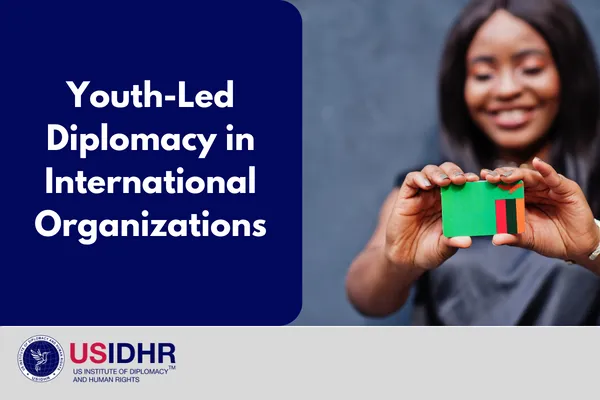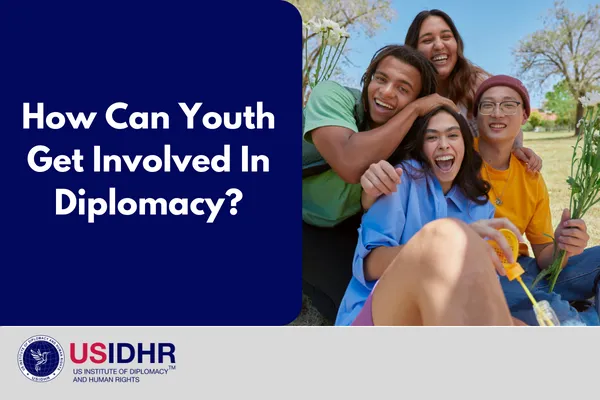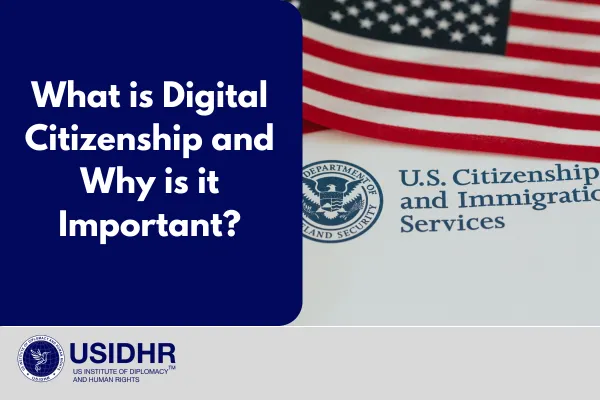
The Covid-19 pandemic led to business and school closures which increased technology use for telework and online learning. Technology use is continuing to rise and it is increasingly important to be knowledgeable about how to use it correctly. Digital Citizenship is a way for business leaders, educators, governmental workers, and advocates to understand how we should use technology appropriately. Dr. Mike Ribble believes it’s “more than just a teaching tool, it is a way to prepare students for a society full of technology”[9]. With the correct use of the internet, students and adults can be more aware of human rights violations and how to protect themselves from fraud and disinformation. This article will cover the topics of technology, the importance of digital citizenship, and its implementation in society.
What is the impact of technology on youth?
Technology has had an enormous impact on a student’s learning. For example, it allowed them to have easy access to a larger amount of resources, it encouraged self-paced learning, it prepared them for careers in the tech industry, it improved their multitasking and problem-solving skills, and it can be used as a classroom tool to help students learn in new ways. With the rise of technology, children have started to use it from a very young age. According to the American Academy of Pediatrics, children between the ages of 8-10 years old spend 8 hours per day on technology, while teenagers spend more than 11 hours per day[1]. Many kids have computers and tablets at home before they start school, but elementary schools also have the option of online learning because it provides more independence and flexibility to a student’s learning. Recently, due to school closures, many students reverted to online learning and that led to an increase in technology use. According to Pew Research Center, 93% of parents with children from kindergarten to 12th grade said their children had online learning during the pandemic[13]. Among these parents, 62% report that the online learning was very successful[13]. While young people have increased their use of technology in schools, they also spend a lot of their time on social media. According to the American Academy of Child & Adolescent Psychiatry, 51% of teens between the ages of 13-17 use social media daily[15]. Social media platforms are often used as a news source by young people, so it is important to consider social media in Digital Citizenship Education. Concurrently, education also affects people's motivation to participate online. As students become more familiar with technology through their educational experiences, they are more likely to engage with digital platforms beyond just academic purposes. This increased engagement can lead to greater participation in online communities, discussions, and even activism, shaping not only their social interactions but also their role as informed digital citizens.
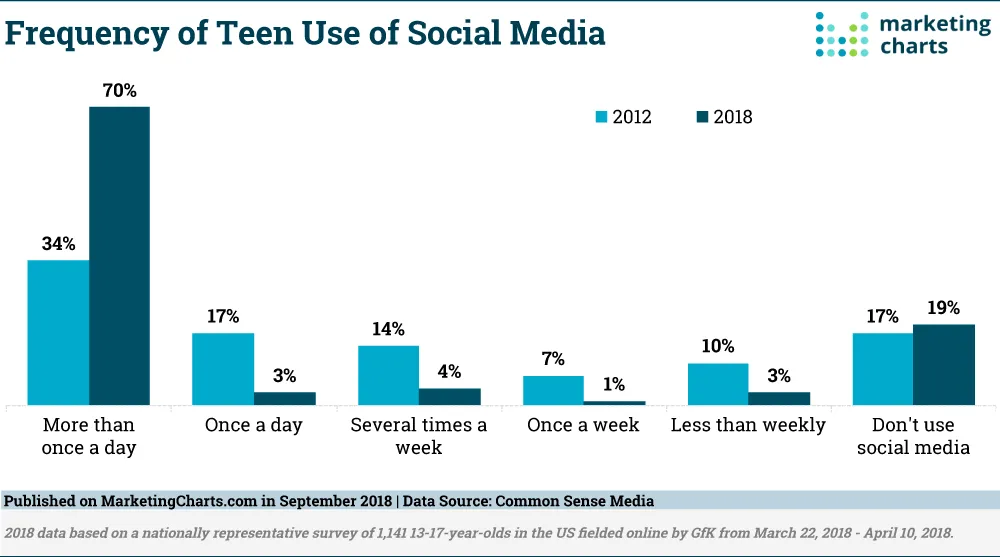
Source: Marketing Charts
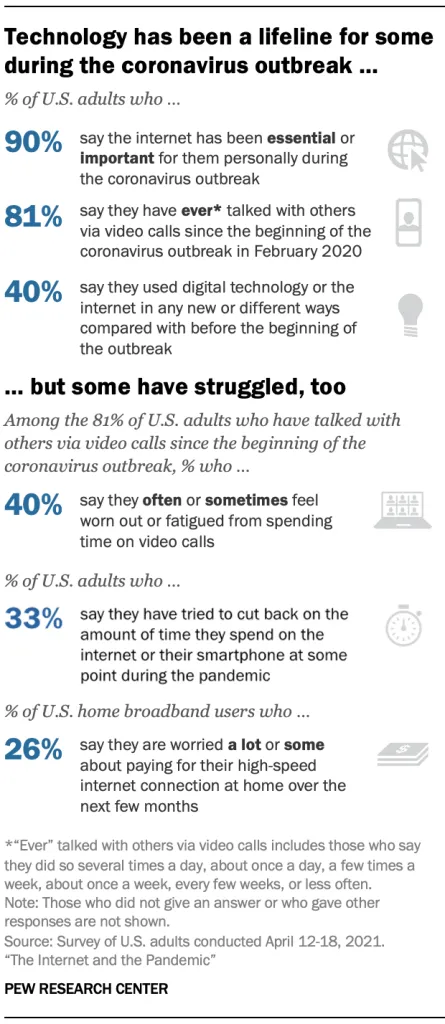
Source: Pew Research Center
Digital Citizenship
What is Digital Citizenship? Digital Citizenship teaches individuals how to engage and participate in responsible ways of using technology, in order to protect themselves from internet dangers and respect each other’s human rights. According to the Council of Europe, digital citizenship can be defined as:
“The competent and positive engagement with digital technologies (creating, working, sharing, socializing, investigating, playing, communicating, and learning); participating actively and responsibly (values, skills, attitudes, knowledge) in communities (local, national, global) at all levels (political, economic, social, cultural, and intercultural); being involved in a double process of lifelong learning (in formal, informal, and non-formal settings) and continuously defending human dignity”[4].
It is important to note that Digital Citizenship allows citizens to use technology and humanity in a thoughtful and empathetic manner. In 2017, the Alaska Department of Education and Early Development (DEED) organized the first “Alaska Digital Citizenship Week” where they encouraged schools to implement education technology. It was held again the following year and it became a very popular program throughout the state, thus encouraging teachers to be the main guide for students and their families into developing their safety awareness in the digital world[8].
Why is digital citizenship important?
In 2021, The Federal Trade Commission received 2.8 million fraud reports[10]. With the large number of news and media sources, there is a rise in fraud, misinformation, and disinformation. This is why it is important that people choose credible and valid sources. According to a Research led by Stanford History Education Group director Joel Breakstone, PhD, and co-authored by Wineburg, out of a sample of 3,446 students from 14 different states, less than 10% verified an online source’s credentials with a quick web search[11]. Fraudsters and sources spreading misinformation and disinformation take advantage of people without technological knowledge. Digital Citizenship Education is necessary because it protects others from being vulnerable to these issues.
Digital Citizenship Education
Digital Citizenship Education encourages individuals to use their knowledge, skills, and understanding to protect and promote human rights online, such as freedom, privacy, and security. In this way, people become more aware of internet safety. This is because digital citizenship education teaches us how to use the internet responsibly and safely, and how to protect ourselves from fraudsters and predators.
In Canada, 99% of students from 4th to 11th grade use the internet at home[9]. With the rise of technology users, this shows the importance of being knowledgeable about fraud, misinformation,
and disinformation. As a result, Digital Citizenship Education was implemented in Saskatchewan Schools, in order to support the appropriate and responsible online activity of Kindergarten to 12th Grade students. As seen with the evidence above, fraud, misinformation, and disinformation are on the rise and it is vital to be taught how to protect yourself from these common online problems.
Conclusion:
With the rise of technology use, Digital Citizenship Education is very important because it teaches citizens to use technology in order to engage respectfully online, to find reliable online sources and to avoid the violation of human rights. This can be achieved with schools and businesses implementing programs which will encourage people to expand their technological knowledge and promote human rights online.
Reference list:
[1] Strasburger, Victor C., Marjorie J. Hogan, Deborah Ann Mulligan, Nusheen Ameenuddin, Dimitri A. Christakis, Corinn Cross, Daniel B. Fagbuyi, et al. “Children, Adolescents, and the Media.” American Academy of Pediatrics. American Academy of Pediatrics, November 1, 2013. https://publications.aap.org/pediatrics/article/132/5/958/31699/Children-Adolescents-and-the-Media.
[2] “How Technology in the Classroom Can Impact Student Learning.” Top Hat, May 10, 2022. https://tophat.com/blog/how-does-technology-impact-student-learning/.
[3] Western Governors University. “Impact of Technology on Kids Today and Tomorrow.” Western Governors University. Western Governors University, August 25, 2020. https://www.wgu.edu/blog/impact-technology-kids-today-tomorrow1910.html#close.
[4] “Digital Citizenship and Digital Citizenship Education.” Digital Citizenship Education (DCE). Accessed May 19, 2022.
[5] “Digital Citizenship in Education.” ISTE. Accessed May 19, 2022. https://www.iste.org/areas-of-focus/digital-citizenship.
[6] “The State of Privacy in Post-Snowden America.” Pew Research Center. Pew Research Center, August 17, 2020. https://www.pewresearch.org/fact-tank/2016/09/21/the-state-of-privacy-in-america/.
[7] Schoology. “4 Benefits of Digital Citizenship for Internet Safety.” Schoology. Schoology, April 2, 2019. https://www.schoology.com/blog/4-benefits-digital-citizenship-internet-safety.
[8] Jordan, Sam. “Empowering Communities through Teaching Digital Citizenship.” Association of Alaska School Boards, November 18, 2018. https://aasb.org/empowering-communities-through-teaching-digital-citizenship/.
[9] Couros, Alec, Hildebrandt, Katia. “Digital Citizenship Education in Saskatchewan Schools.” Accessed May 19, 2022. http://iamstronger.ca/userdata/files/244/DC%20Guide%20-%20ENGLISH%20WEB.pdf.
[10] Staff, the Premerger Notification Office, and This blog is a collaboration between CTO and DPIP staff and the AI Strategy team. “New Data Shows FTC Received 2.8 Million Fraud Reports from Consumers in 2021.” Federal Trade Commission, February 22, 2022. https://www.ftc.gov/news-events/news/press-releases/2022/02/new-data-shows-ftc-received-28-million-fraud-reports-consumers-2021-0.
[11] Pappas, Stephanie. “Fighting Fake News in the Classroom.” Monitor on Psychology. American Psychological Association. Accessed May 19, 2022. https://www.apa.org/monitor/2022/01/career-fake-news.
[12] “Educational Researcher – Volume 50, Number 8, Nov 01, 2021.” Accessed May 19, 2022. https://journals.sagepub.com/toc/edr/50/8.
[13] McClain, Colleen, Emily A. Vogels, Andrew Perrin, Stella Sechopoulos, and Lee Rainie. “The Internet and the Pandemic.” Pew Research Center: Internet, Science & Tech. Pew Research Center, April 28, 2022. https://www.pewresearch.org/internet/2021/09/01/the-internet-and-the-pandemic/.
[14] “What Is Digital Citizenship?” Avast. Accessed May 20, 2022. https://blog.avast.com/what-is-digital-citizenship-avast.
[15] Aacap. Social Media and teens. Accessed May 23, 2022. https://www.aacap.org/AACAP/Families_and_Youth/Facts_for_Families/FFF-Guide/Social-Media-and-Teens-100.aspx.
Join One of Our Certificate Trainings:
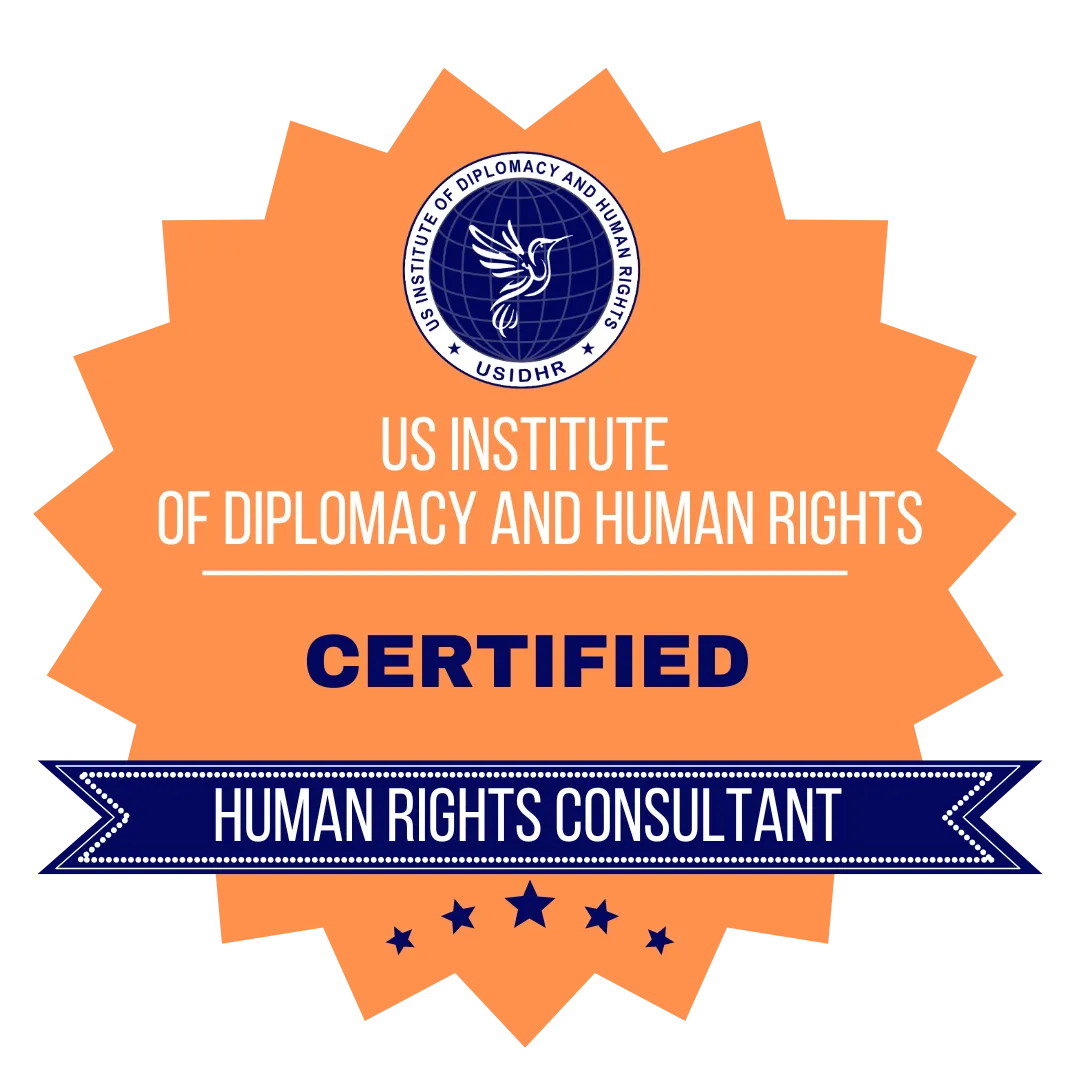
Human Rights Education Certification Training
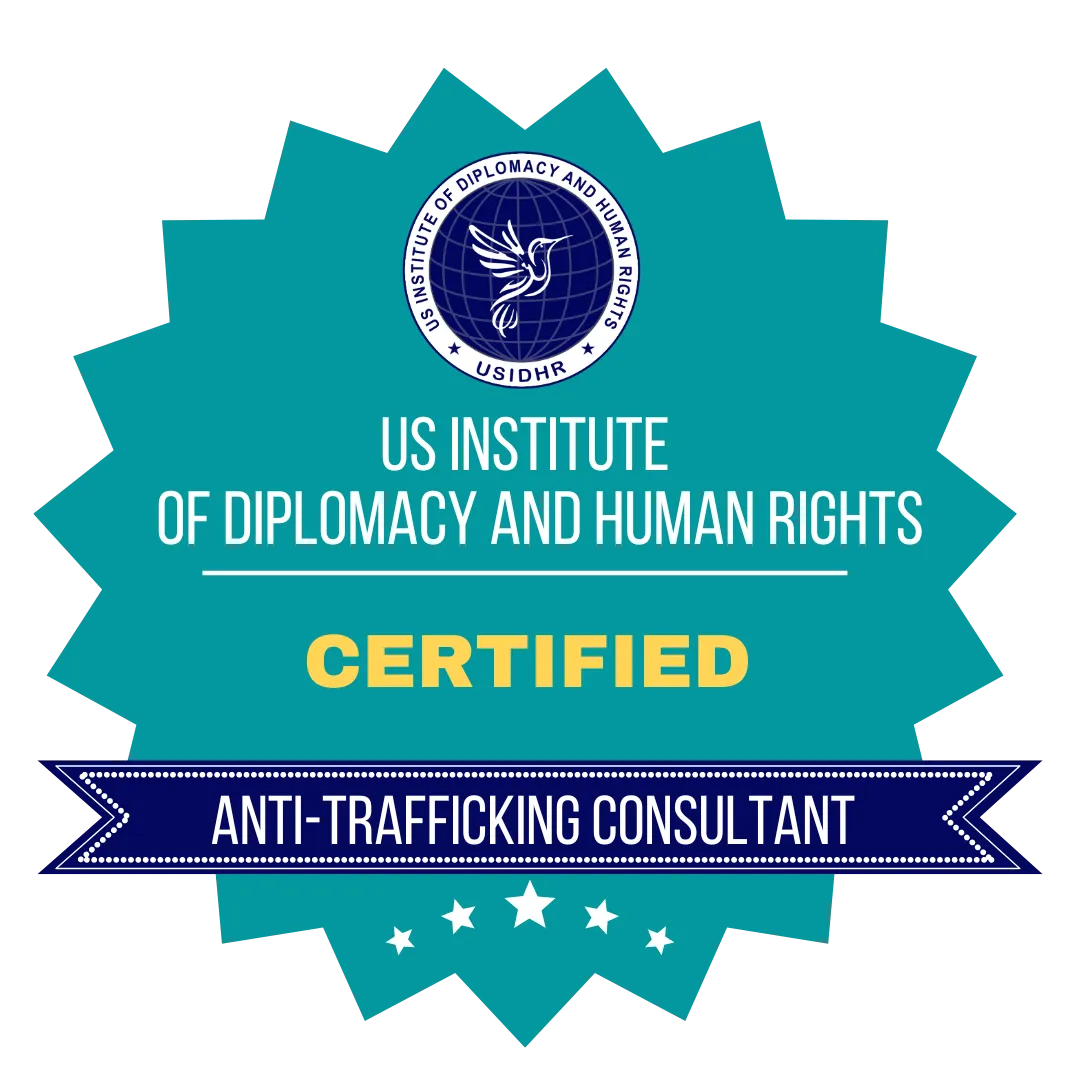
Human Trafficking Certification
Training
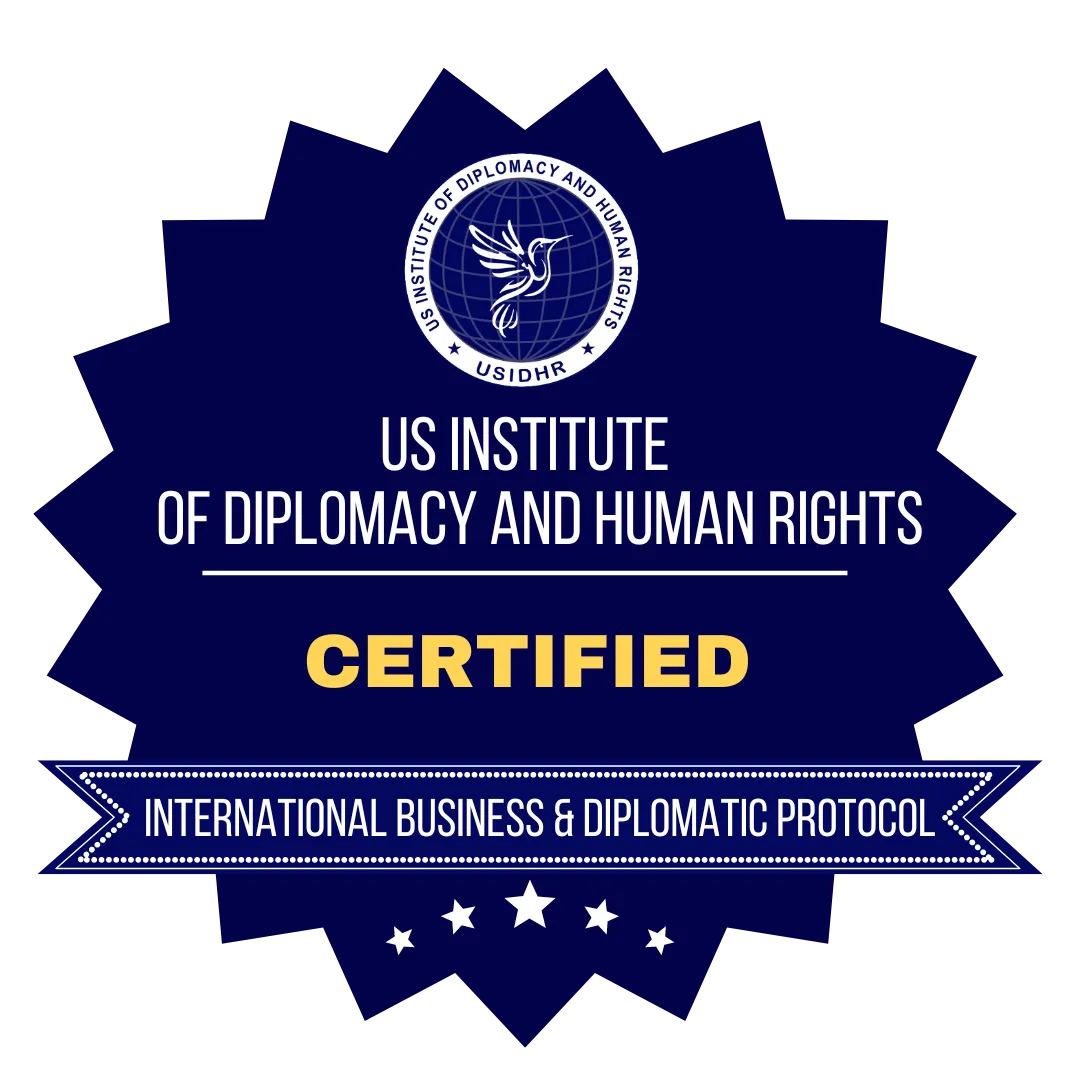
International Business and Diplomatic Protocol Certification
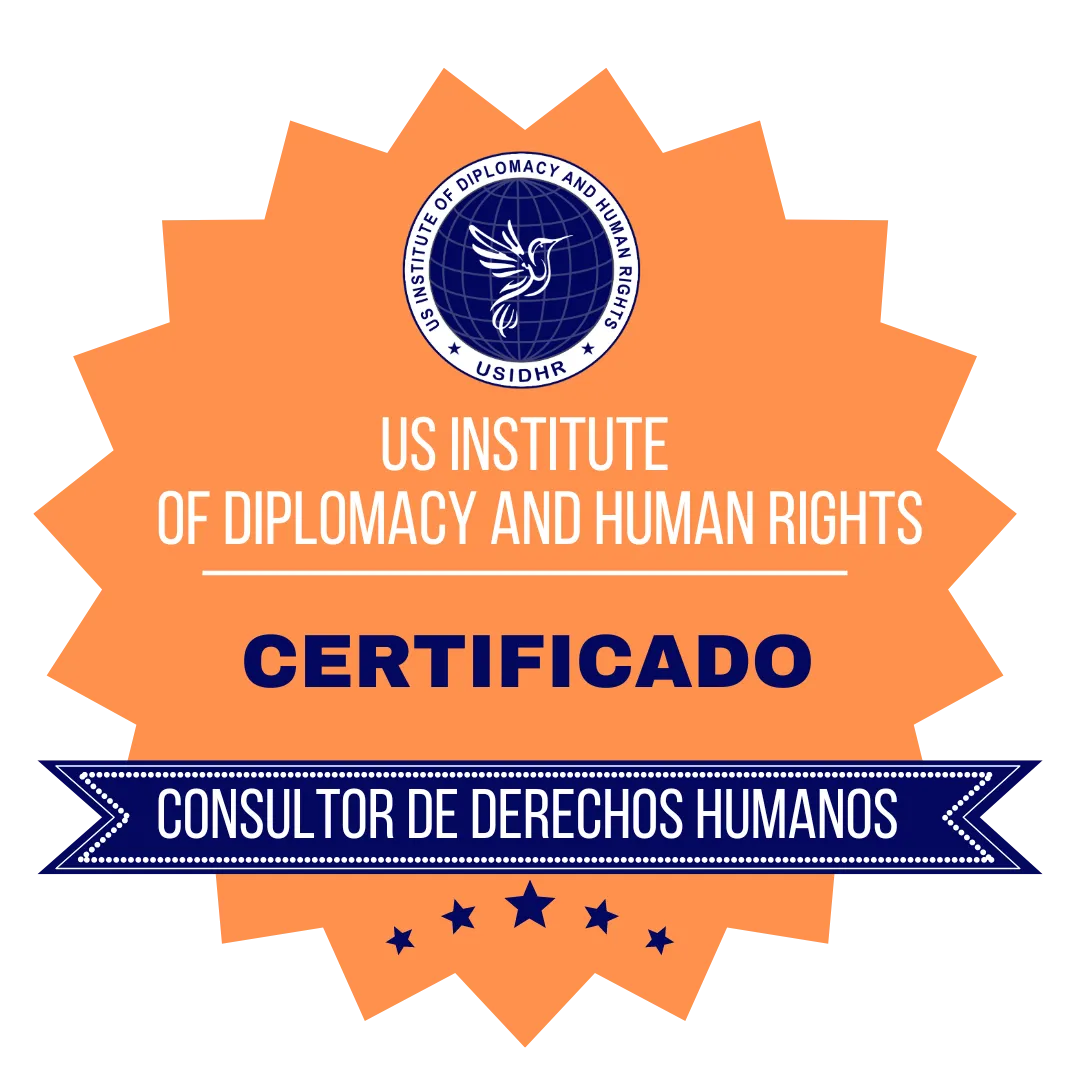
Capacitación En Derechos Humanos
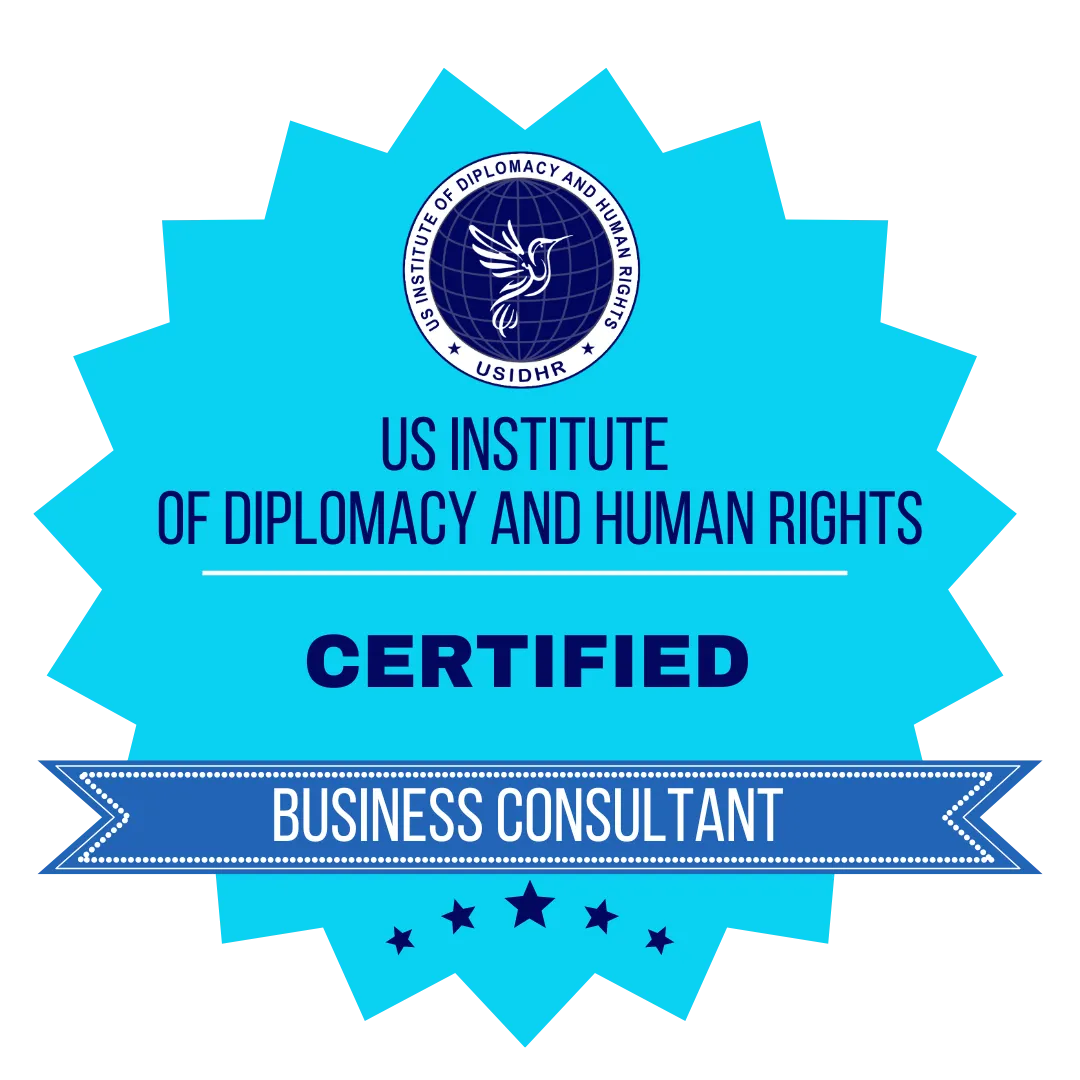
Business Consulting Certification Training
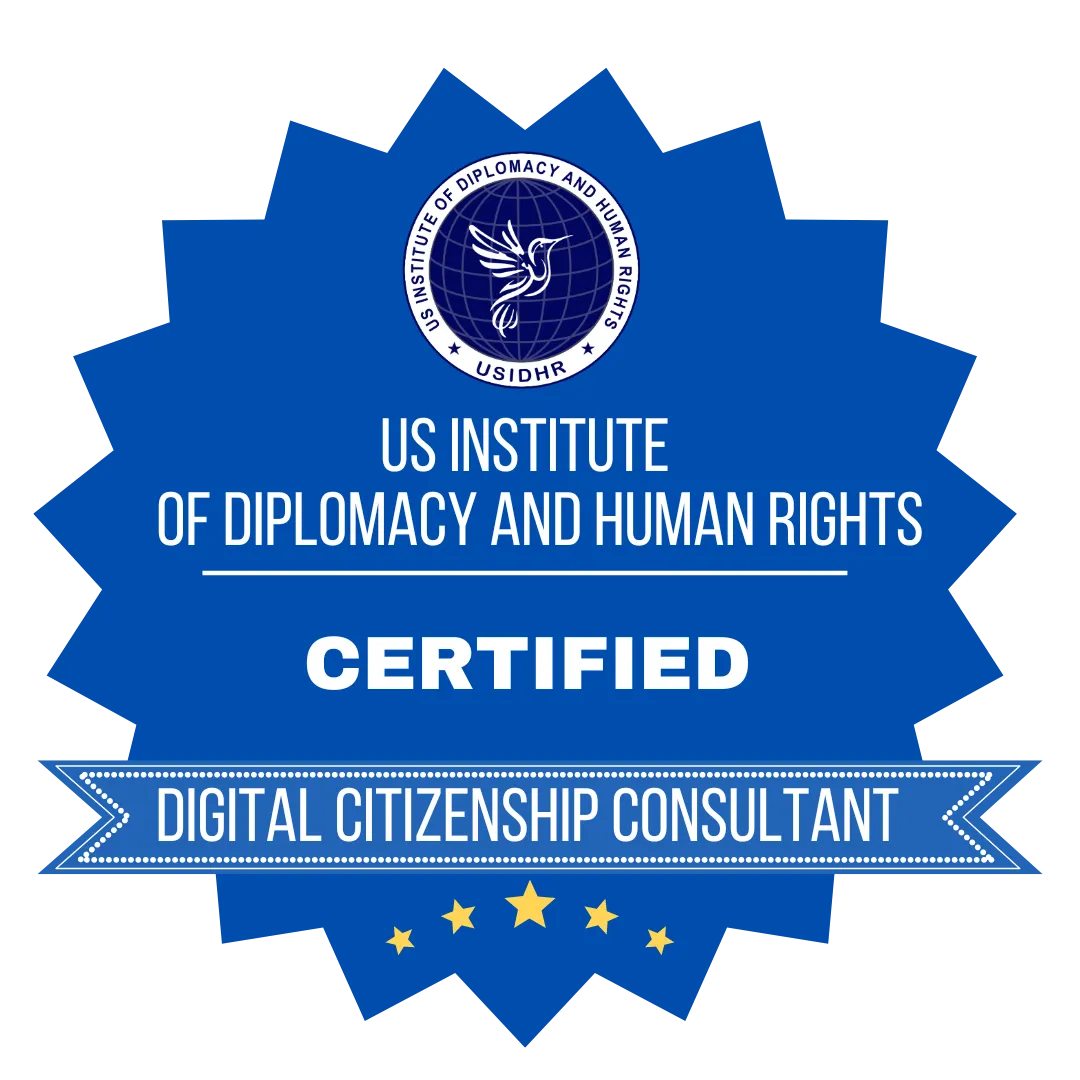
Digital Citizenship Certification
Training
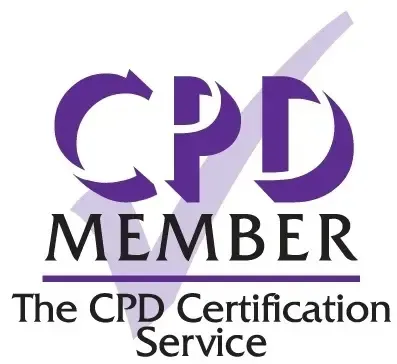
The US Institute of Diplomacy and Human Rights (USIDHR) is an International Continuing Professional Development (CPD) Accredited Organization. Accredited CPD training means the learning activity has reached the required Continuing Professional Development standards and benchmarks. The learning value has been scrutinized to ensure integrity and quality. The CPD Certification Service provides recognized independent CPD accreditation compatible with global CPD requirements

US Institute Of Diplomacy And Human Rights
1250 Connecticut Ave NW Ste 700, Washington, DC 20036



